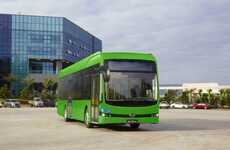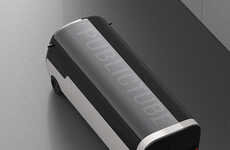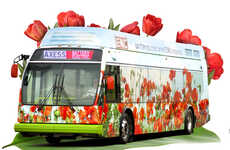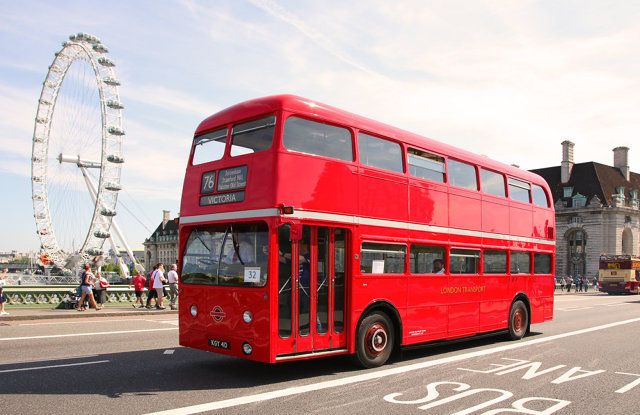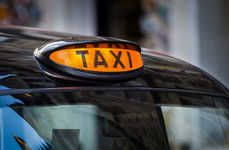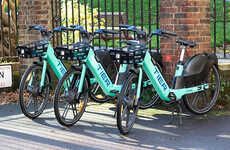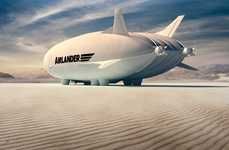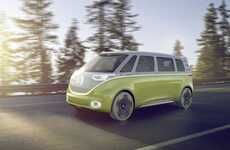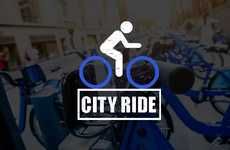
London's Hybrid Bus Vehicles Make Up the Largest Fleet in Europe
Alyson Wyers — September 10, 2014 — Autos
References: tfl.gov.uk & fastcoexist
In an effort to reduce air pollution, Transport For London recently announced they will be trialling wirelessly charging hybrid bus technology. The eco-conscious double decker buses will have a back-up diesel engine, but will ideally run mostly on electricity.
A spokesperson explained the trial is to determine if hybrid bus charging technology can stand up to the rigorous urban environment of a city like London. There are currently approximately 800 of these eco vehicles on the road, with goals of expanding to 1700 by 2016. The mayor of London also hopes to institute the world's first Ultra Low Emissions Zone in Central London by 2020, where drivers of vehicles using dirty fuel will be fined.
A spokesperson explained the trial is to determine if hybrid bus charging technology can stand up to the rigorous urban environment of a city like London. There are currently approximately 800 of these eco vehicles on the road, with goals of expanding to 1700 by 2016. The mayor of London also hopes to institute the world's first Ultra Low Emissions Zone in Central London by 2020, where drivers of vehicles using dirty fuel will be fined.
Trend Themes
1. Wirelessly Charging Technology - The trial of wirelessly charging hybrid bus technology presents an opportunity for disruptive innovation in the transportation industry.
2. Hybrid Bus Technology - The adoption and expansion of eco-conscious double decker buses running mostly on electricity creates opportunities for disruptive innovation in the public transportation sector.
3. Ultra Low Emissions Zone - The implementation of the world's first Ultra Low Emissions Zone in Central London by 2020 provides a disruptive innovation opportunity for companies specializing in clean fuel alternatives and emission reduction technologies.
Industry Implications
1. Transportation - The trial of wirelessly charging hybrid bus technology offers disruptive innovation opportunities for companies involved in electric vehicle charging infrastructure.
2. Public Transportation - The adoption and expansion of eco-conscious double decker buses running mostly on electricity presents disruptive innovation opportunities for companies in the public transportation sector focused on sustainable and efficient mobility solutions.
3. Clean Fuel and Emission Reduction - The implementation of the Ultra Low Emissions Zone in Central London creates disruptive innovation opportunities for companies developing clean fuel alternatives and emission reduction technologies.
4.3
Score
Popularity
Activity
Freshness



